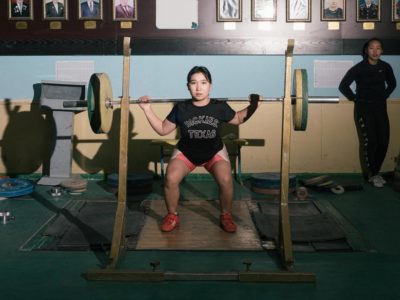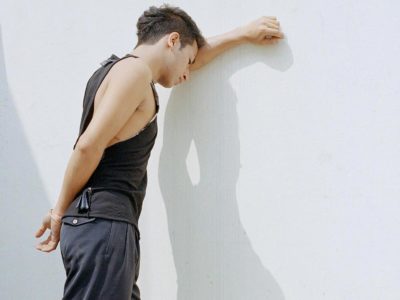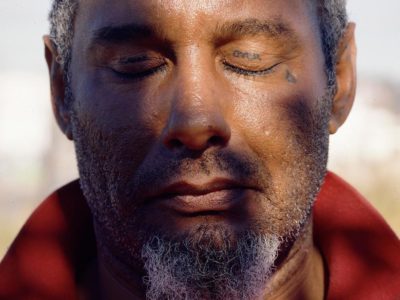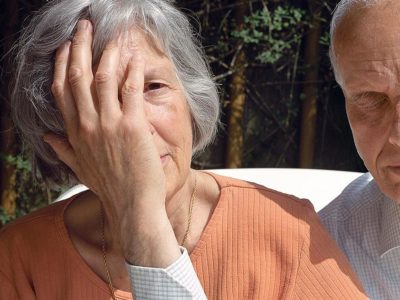“What Is the Grass?” A Photobook Inspired by Walt Whitman’s Poems
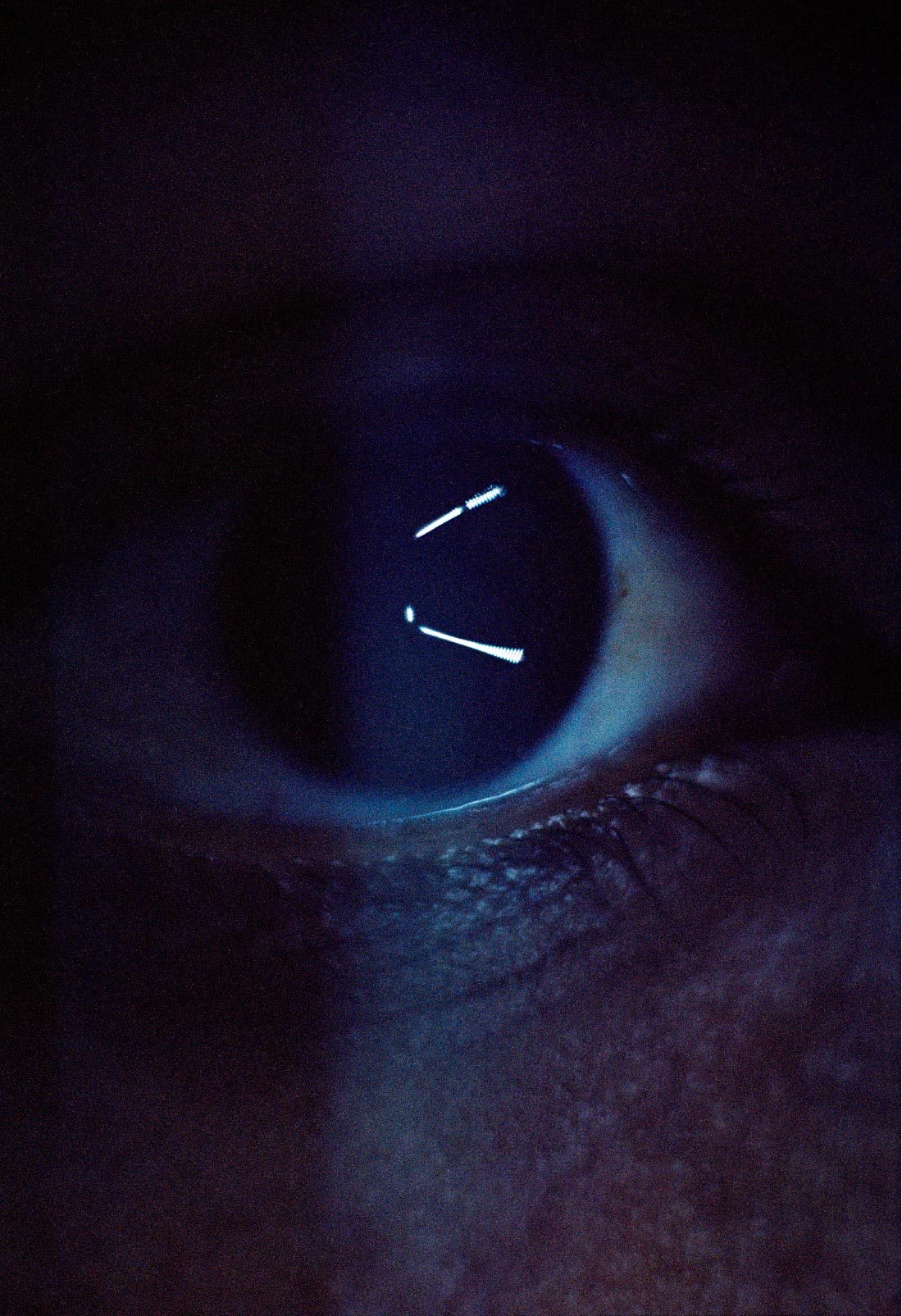
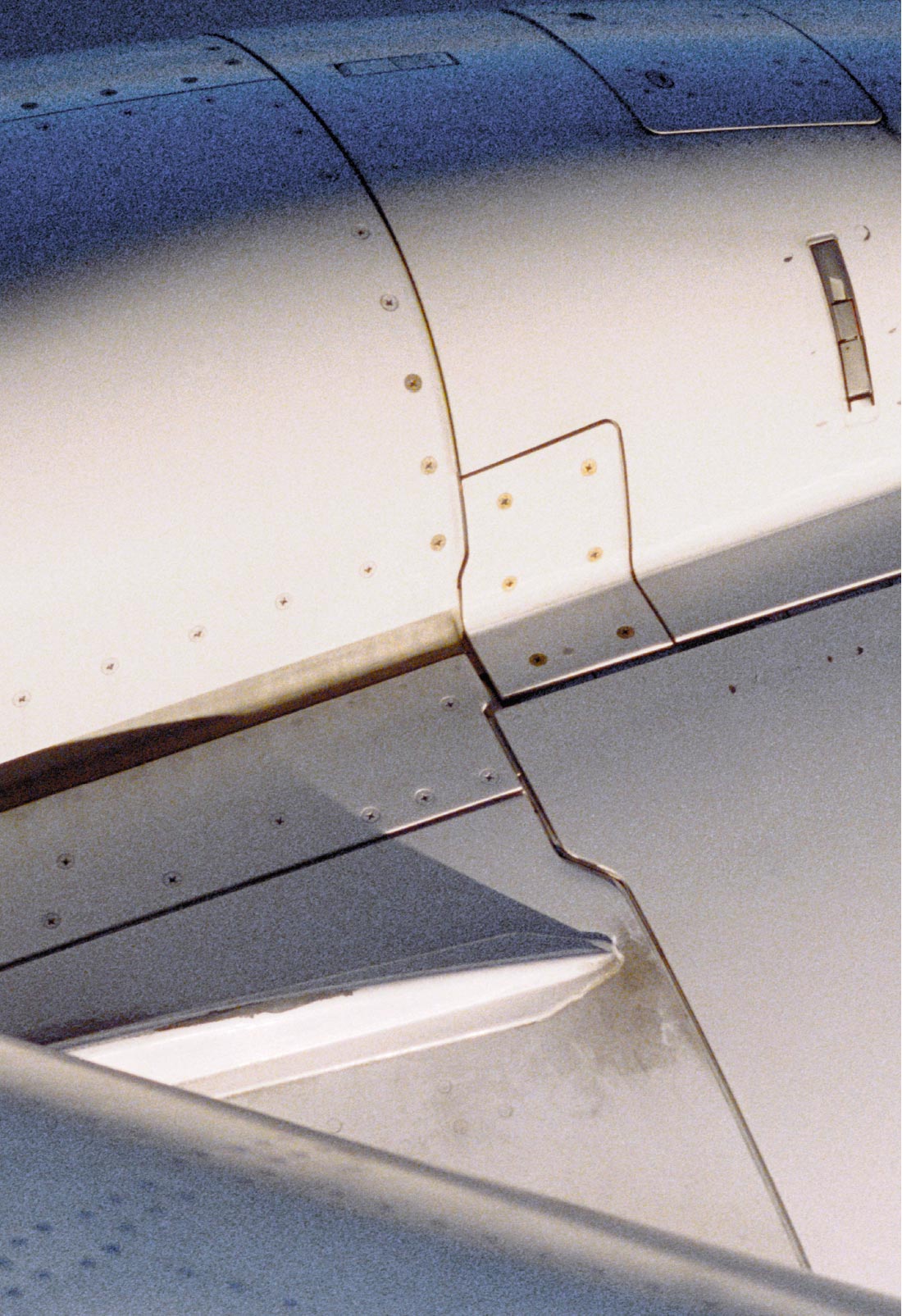
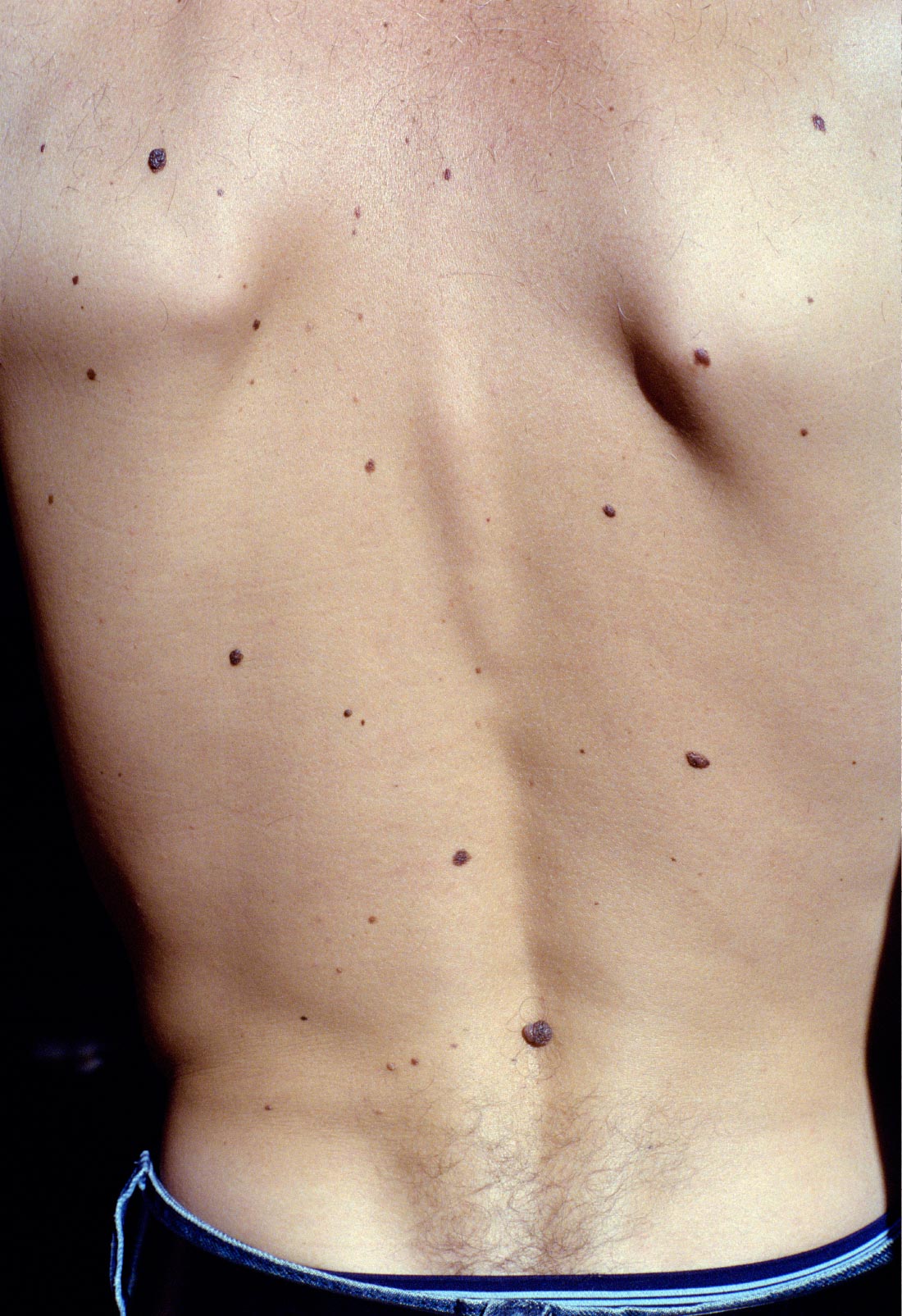
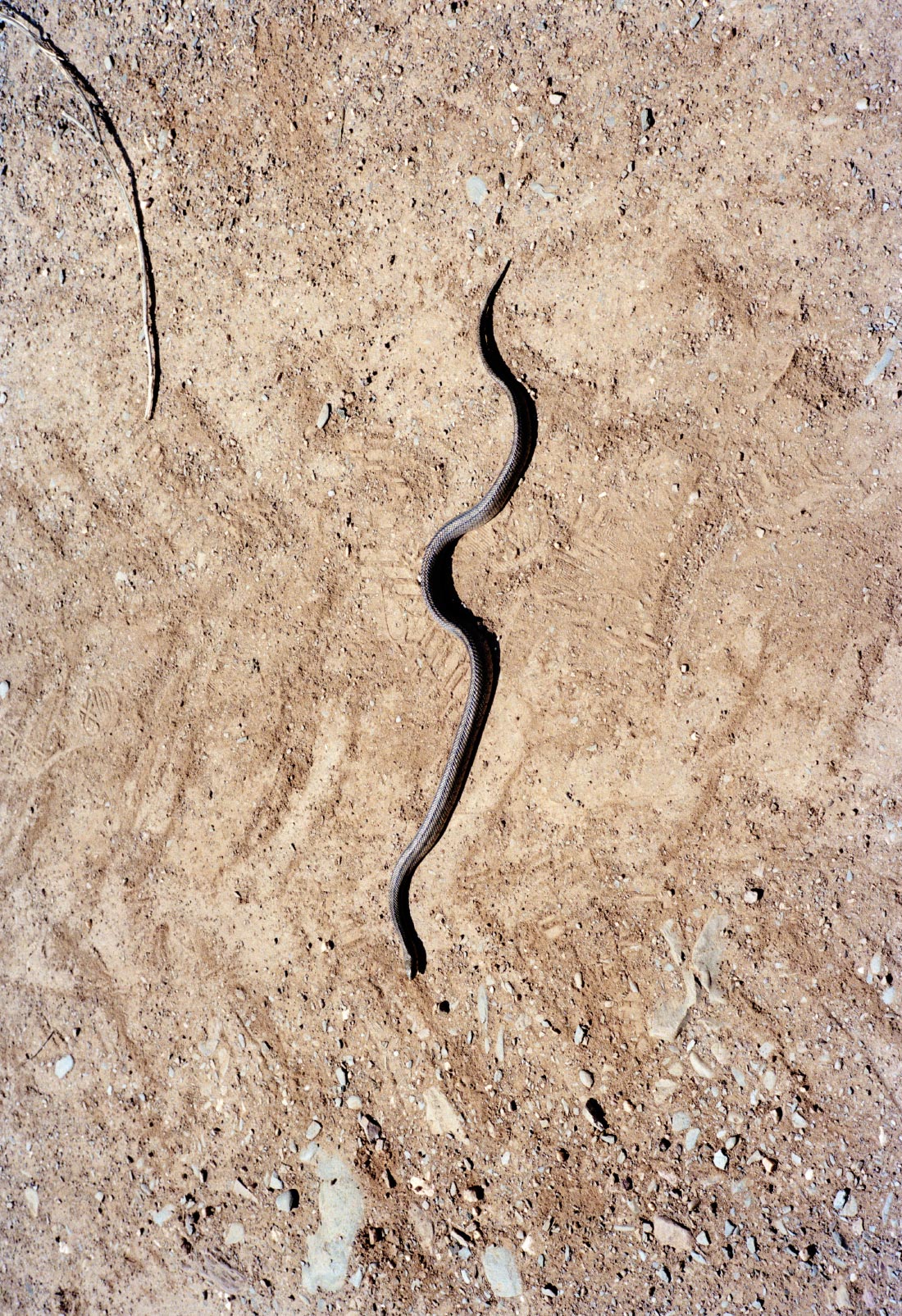
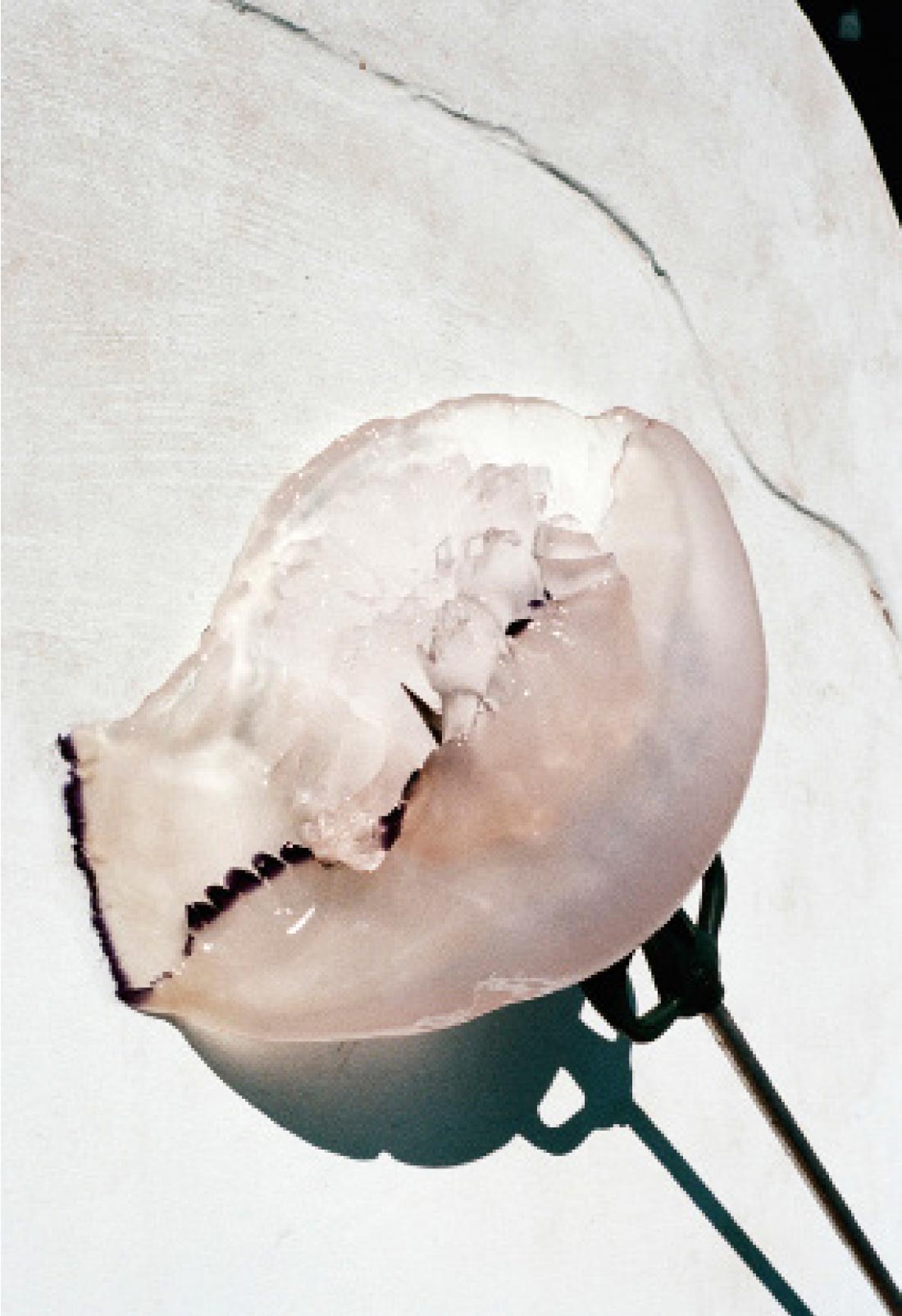
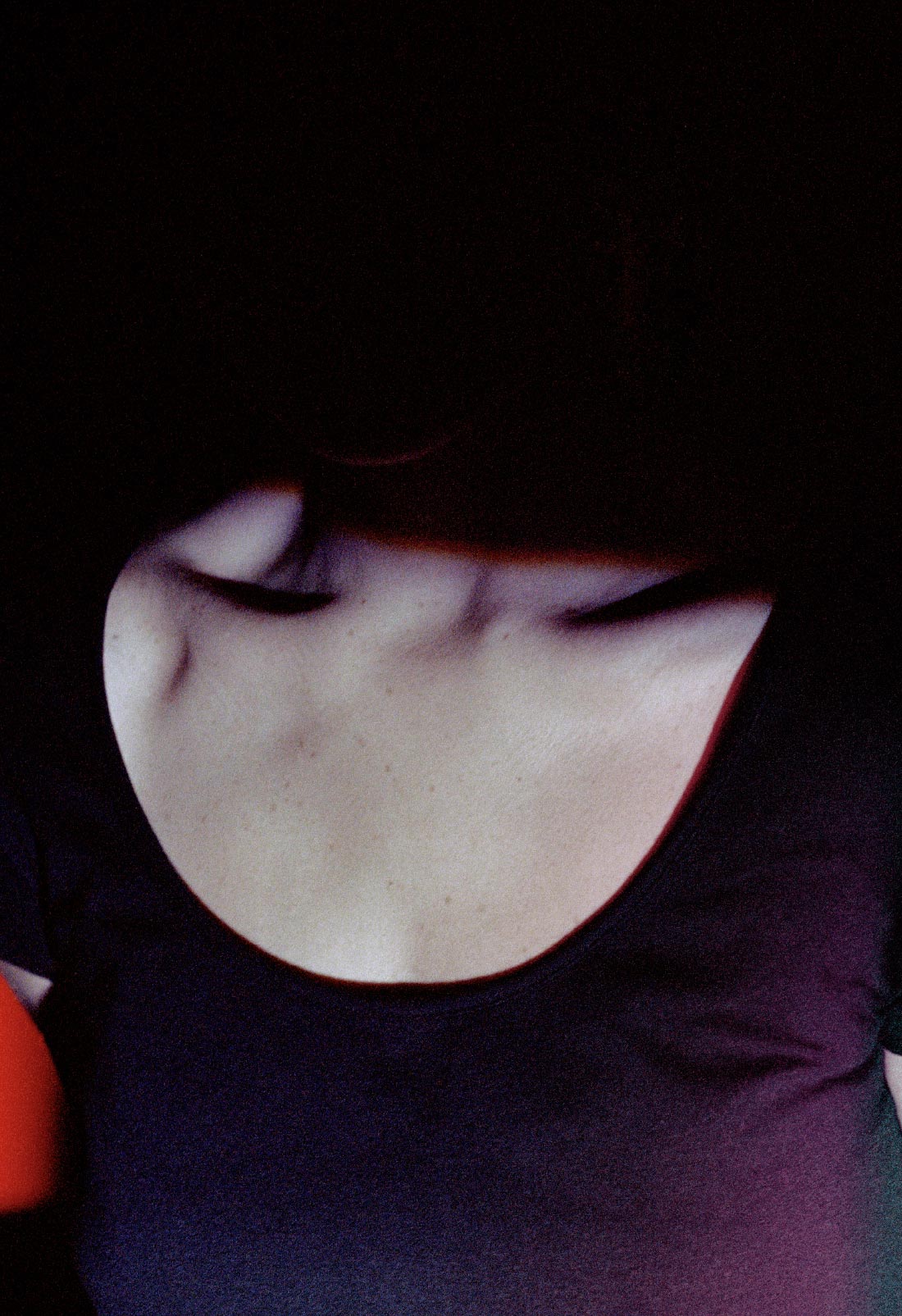
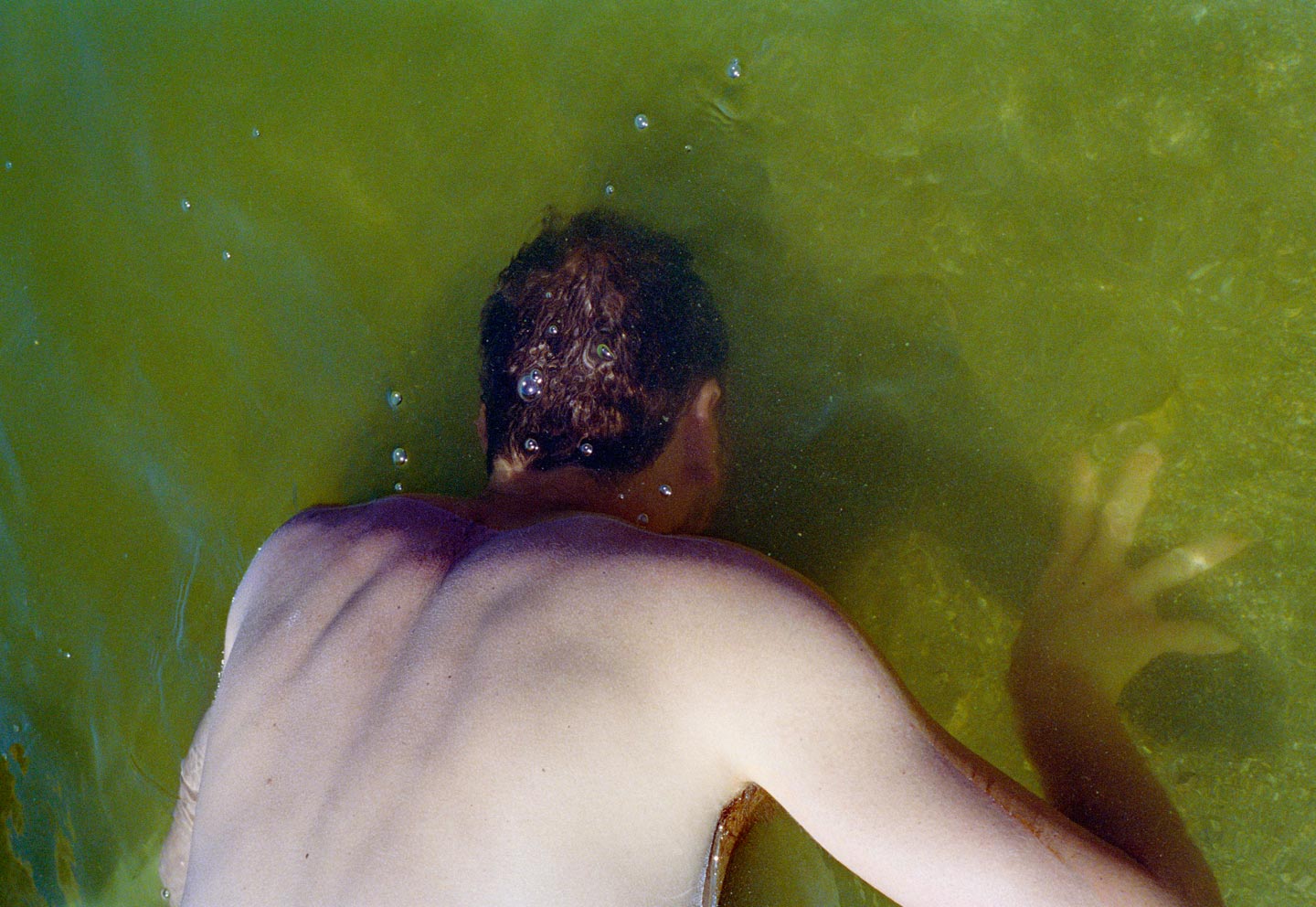
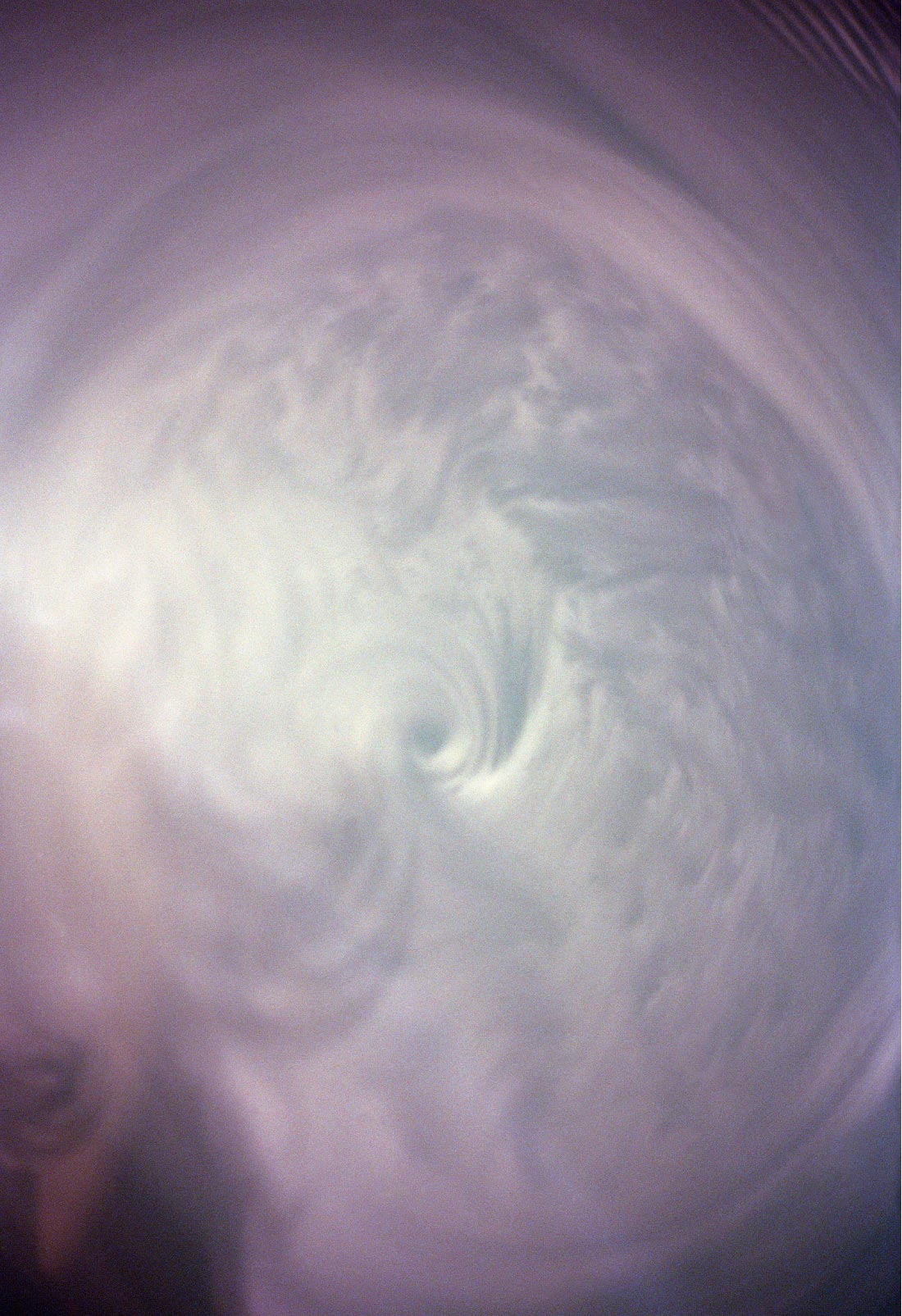
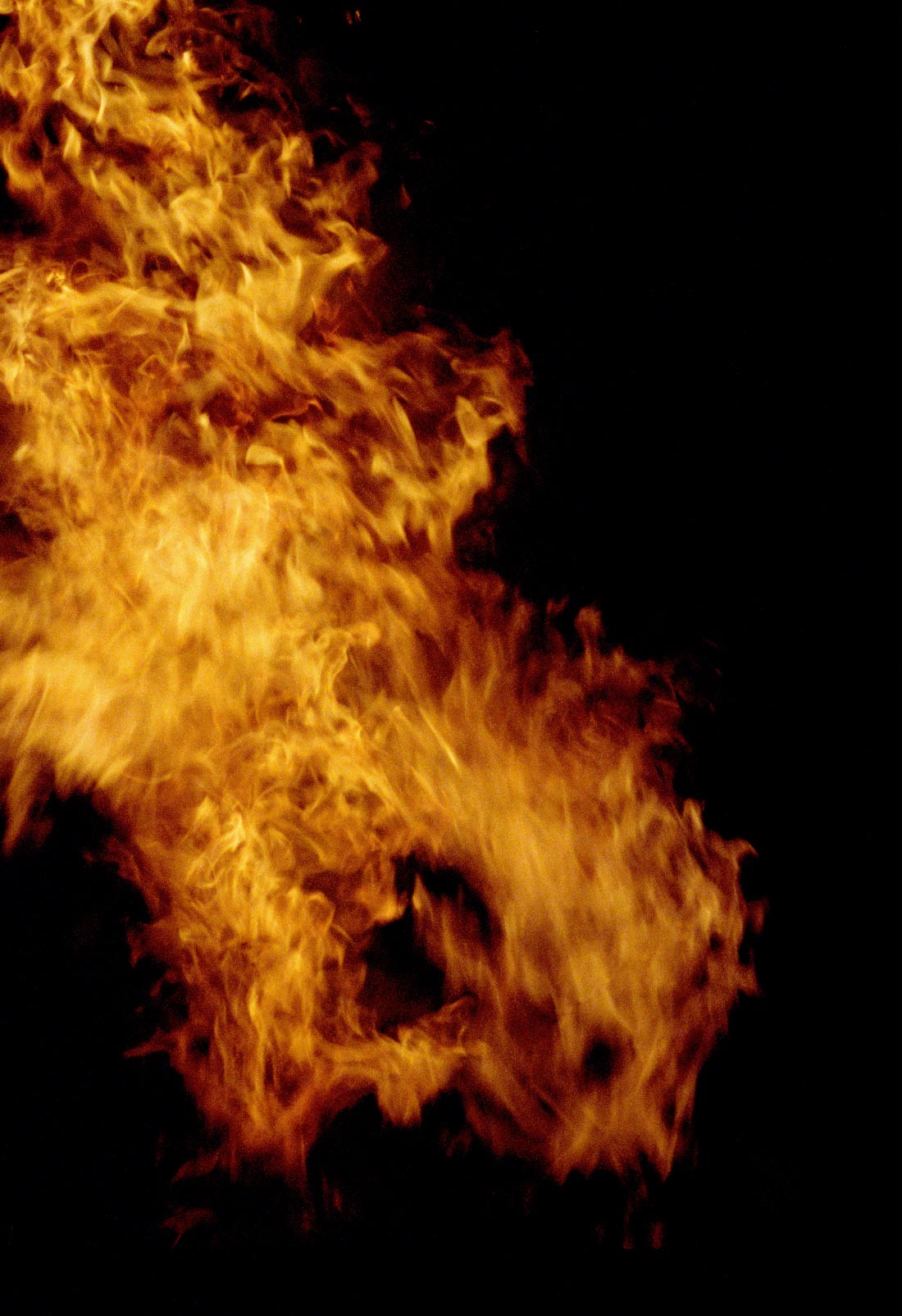
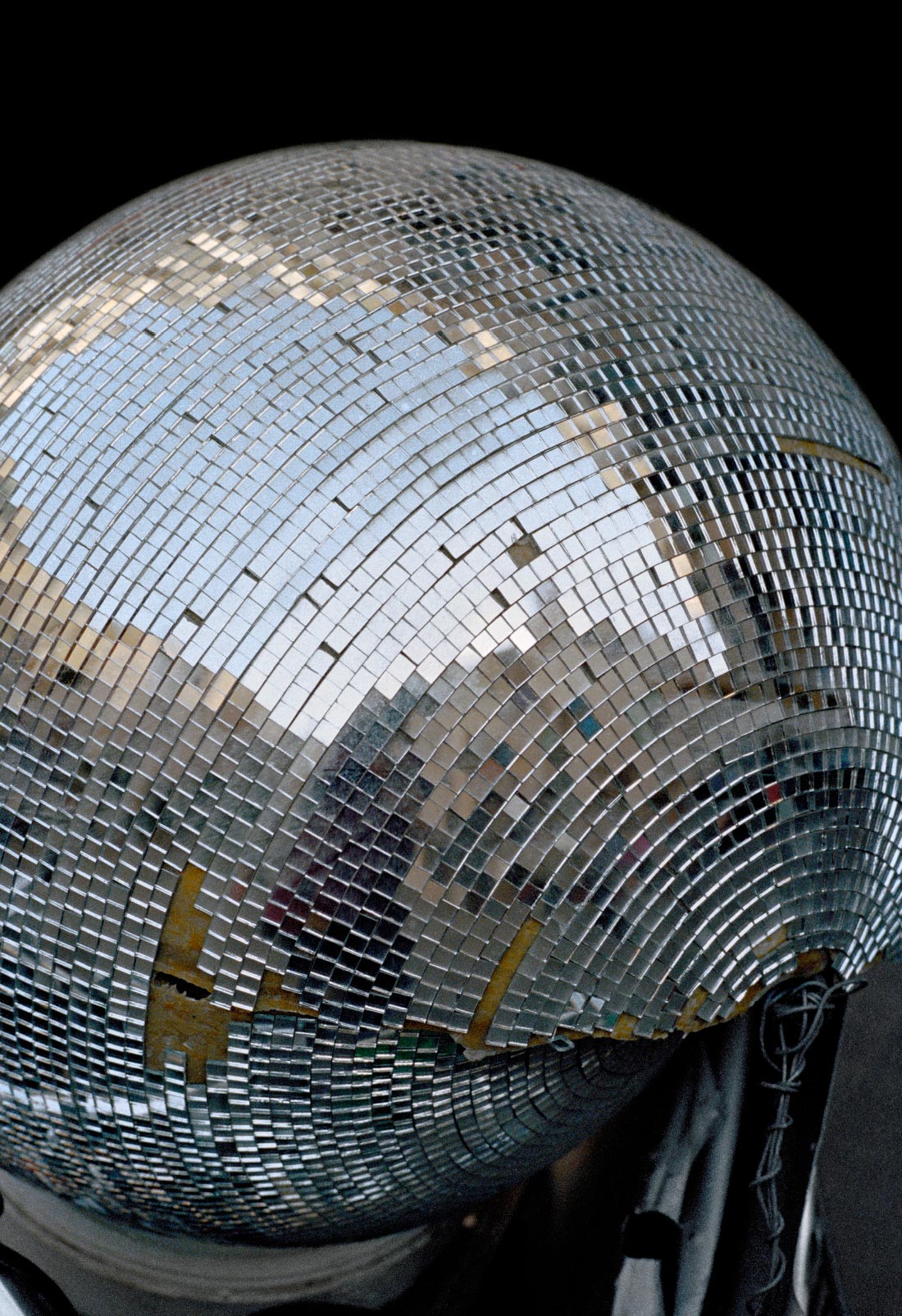
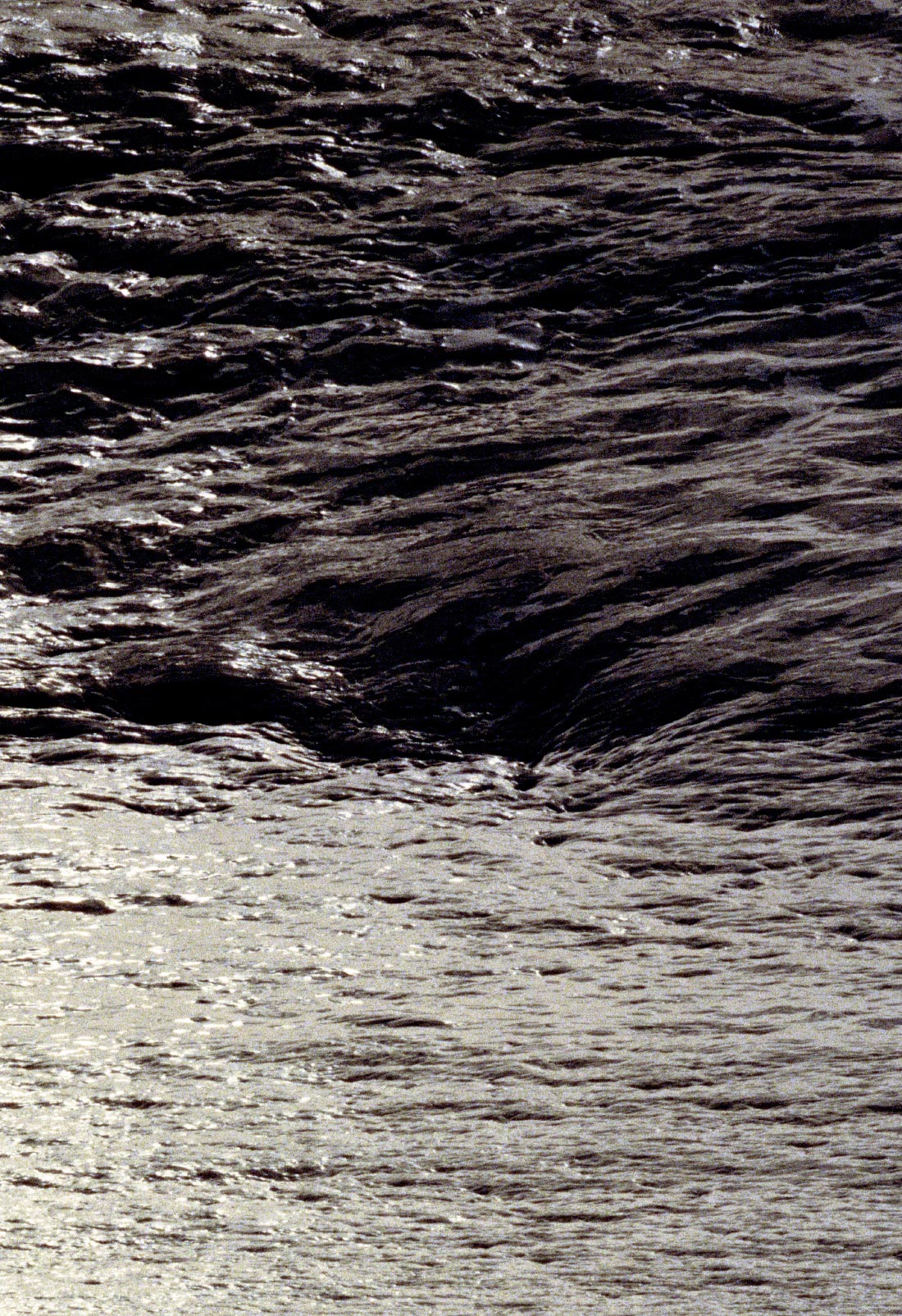
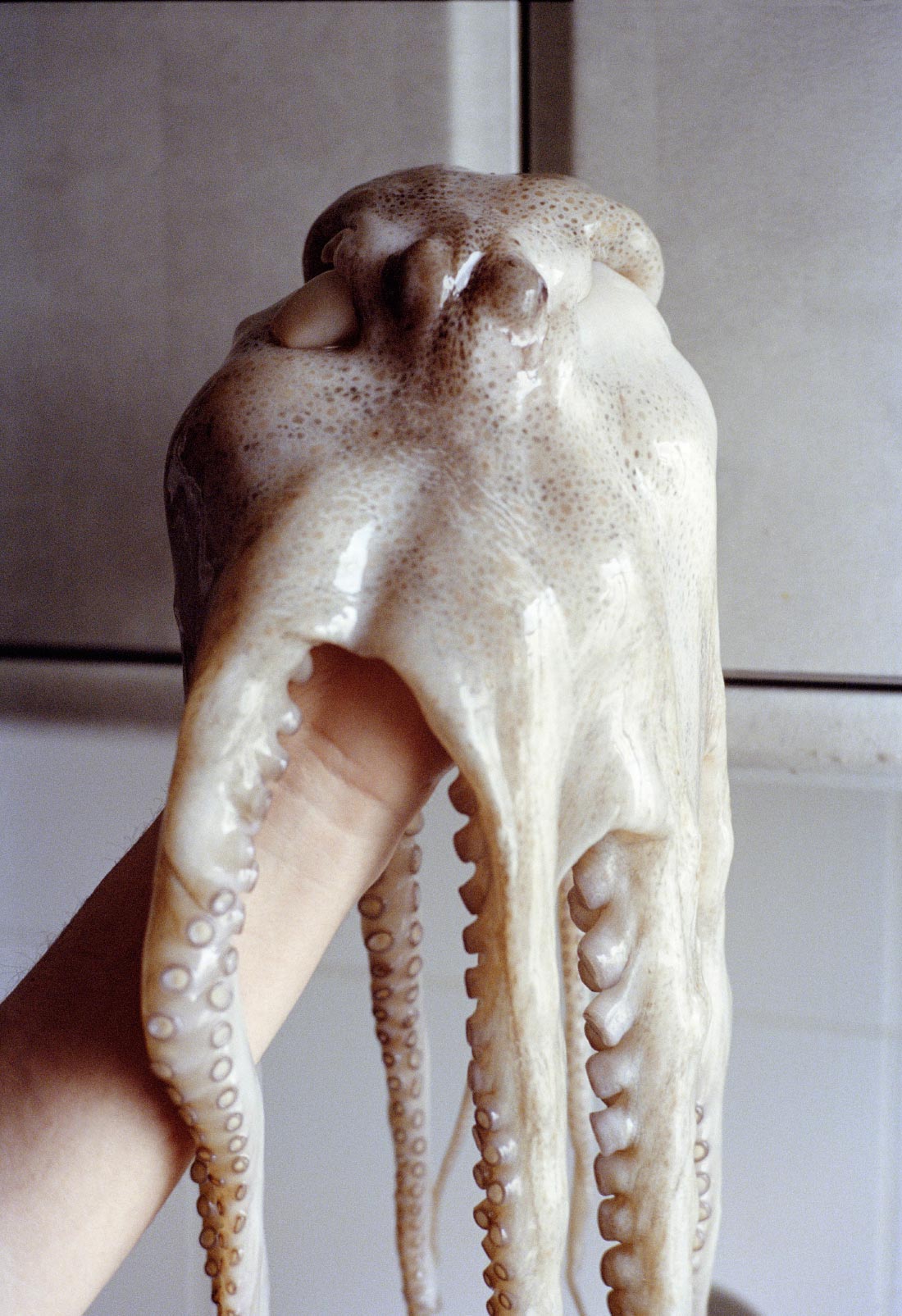
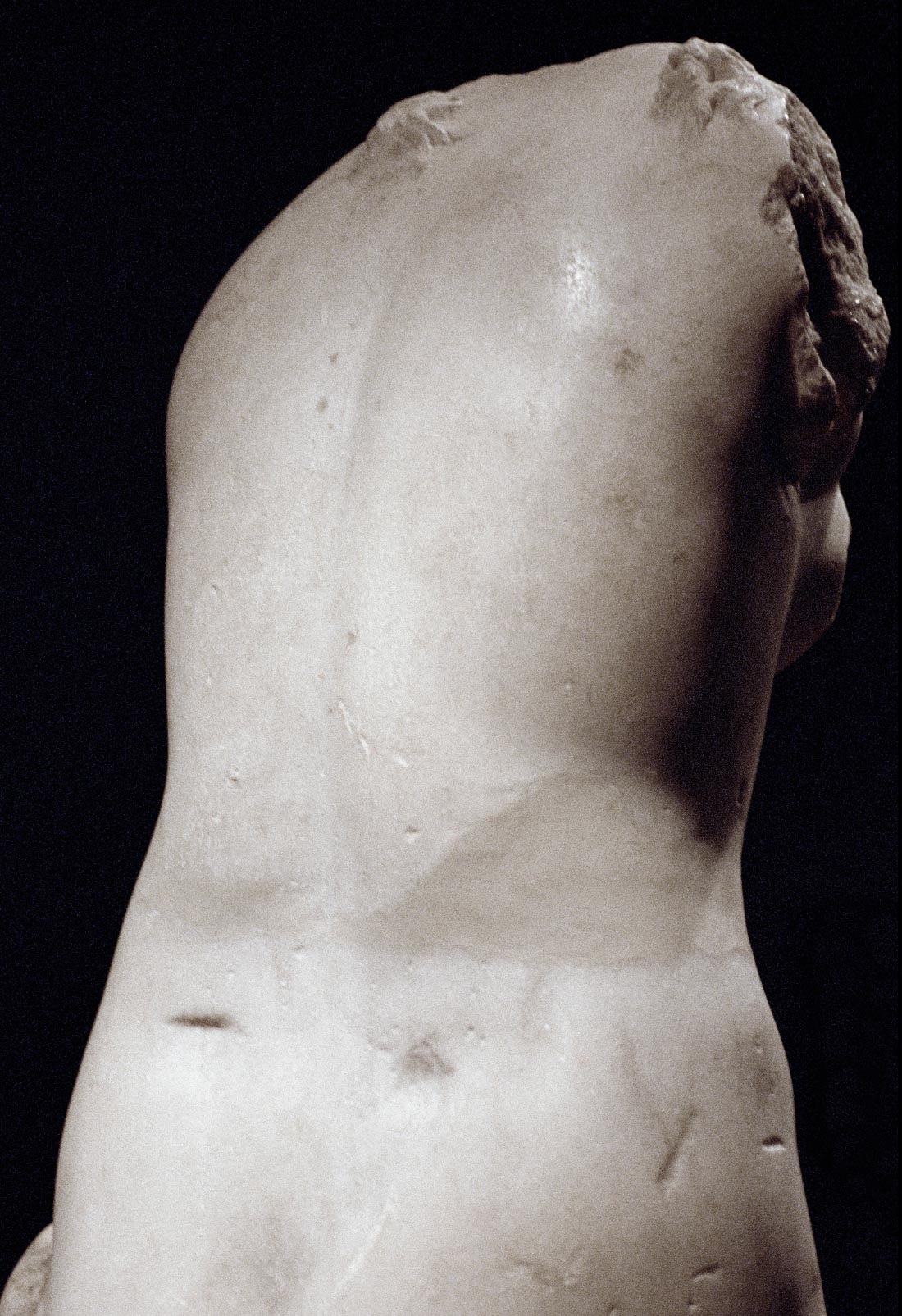
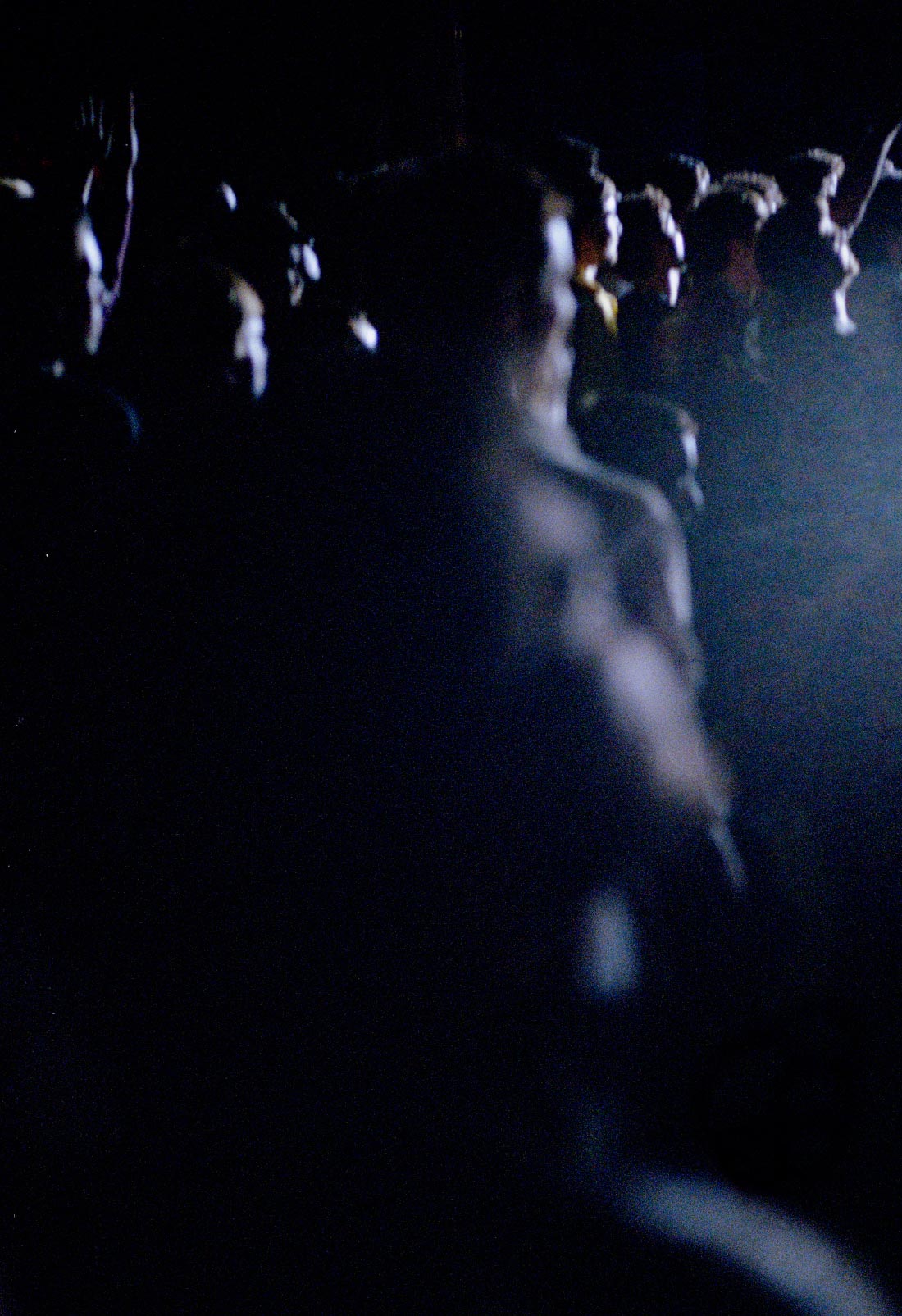
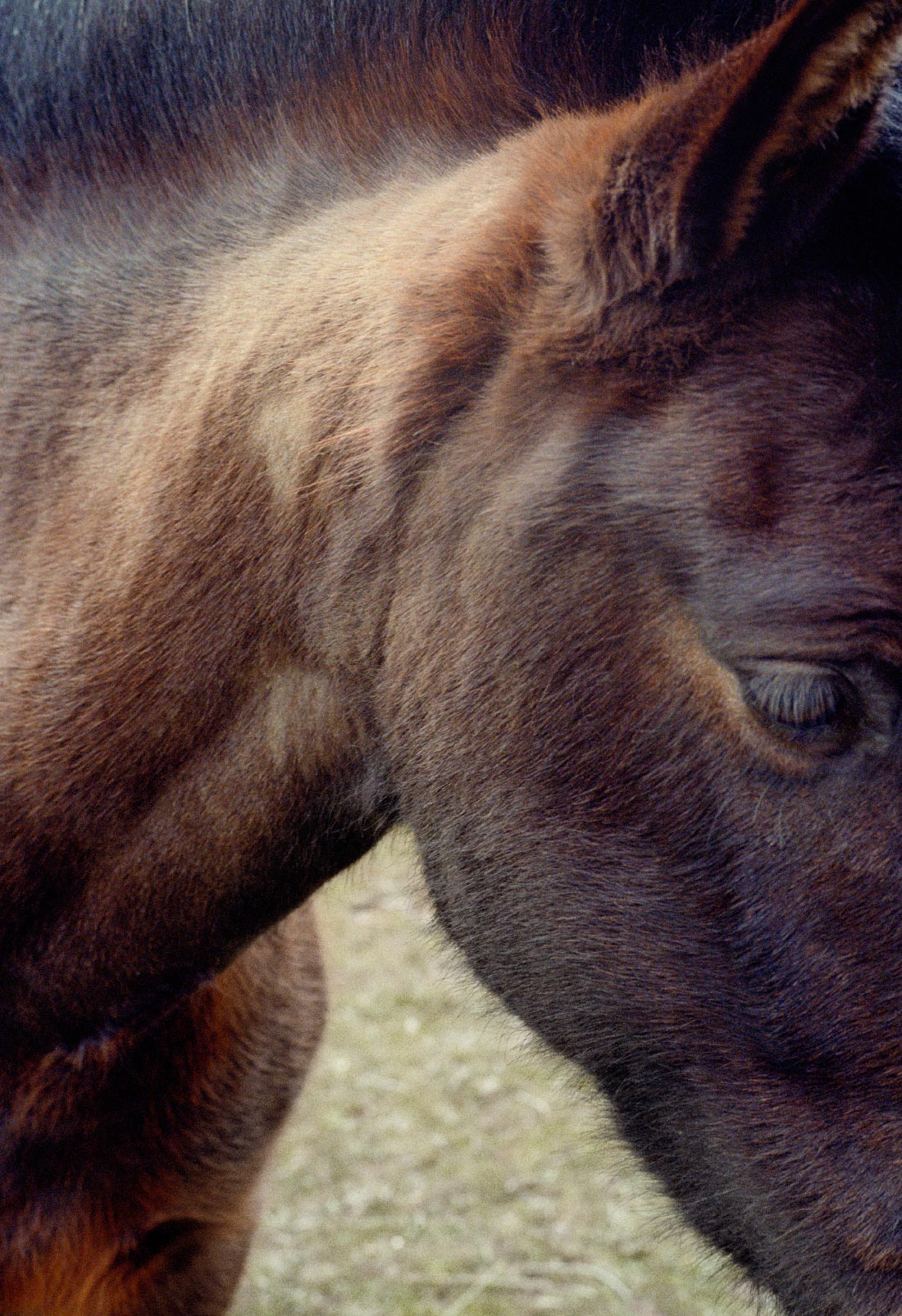
IN THIS INTERVIEW > 35 year-old Italian photographer Michele Tagliaferri introduces us to Grass, a series of abstract and evocative photographs heavily inspired by literary works, and by the poems of Walt Whitman in particular.
Grass is available as a photobook published by Dalpine – buy it here.
Hello Michele, thank you for this interview. What are your main interests as a photographer?
For me photography is an escape from the everyday life and all the obligations it comes with: we need money to eat, clothes to wear; we have to brush our teeth, clean our houses and pay our taxes. And then there’s photography. It’s a continuous search, a need to explore, a way of forgetting about it all and just look for the real essence of life. Some people fulfill this need by preparing delicious foods, some by teaching, writing or making poetry, others design clothes or furniture, or try to serve the best coffee ever. So far I’ve just used photography.
What is Grass about, in particular? How would you describe the work?
Grass is about nothing in particular. It takes a look at the world around us, at the “invincible energy that creates, transforms and destroys the life that surrounds us”; it deals with the mystery of fire “that no man can look at without an ancient wonder”, and the mystery of the rose “that spends all its color and can not see it”. I can’t define a specific subject for my work. I didn’t have one in mind while I was taking the pictures, and trying to find it now that the work is done feels a bit fake.
What inspired you to create Grass? Was it the small poem printed in the book about a child asking “What is the grass”?
The quote in the book is from Song of Myself, a poem by Walt Whitman. That book definitely changed my mindset and helped me find the atmosphere I wanted for my narration.
The fascinating images of Grass find abstractions in bodies and everyday things through close-up framing. Did you take these photographs specifically for Grass, or did you also use images you already had?
At the beginning I had no idea that Grass would exist later on. I didn’t know what I was looking for, I just felt the urge to keep taking pictures and let them help me find the story that was unravelling.
Key to the Grass photobook are the juxtapositions of the images. Can you talk a bit about your process in identifying the right sequence for your pictures?
It was quite a long process, which started 5 years ago – back then I made a few attempts at creating a book, but the dummies didn’t convince me enough. At the beginning of 2013 I decided that it was time to finally do the book, and for the first six months I edited the images by myself and played around with the image sequence. Later into the year I worked with a designer, SYB, to finish the process.
From the very moment I started working on the book I felt my images were very static. Juxtapositions helped me create a continuous and dynamic flow in the narration and ignite a dialog between the photographs.
Did you have any specific source(s) of inspiration in mind while working on Grass?
The collection of poems by Walt Whitman called Leaves of Grass as translated by Jorge Luis Borges was a turning point in my mind. I was also influenced by Borges’ own work Another Poem of Gifts; and by Fernando Pessoa who, despite being a pessimist, tried to follow Whitman’s call and tributed him in Saudação a Walt Whitman. But also Schopenhauer “who perhaps deciphered the universe” and my brother Leonardo, who understood my mind so easily and helped me to clarify it.
What have been the main influences on your photography?
I’ve been close to the Blank Paper School circle since I started photographing. I attended the school in Madrid ten years ago and have been teaching there for the last five. All the people I met through the school have influenced me in some way, especially Fosi Vegue, my first teacher and now a close friend. I also own a lot to Bernardita Morello, who let me see the world through her eyes, and finally Oscar Monzón: with his extremely straight way of using photography, he showed me new point of views and still inspires me every day.
Who are some of your favorite contemporary photographers?
Besides Tillmans, Graham and Schimidt, who I consider the masters now, I love Jason Fulford’s way of mixing images and words to make you dream; the revolutionary narrative style of Anders Edström and his book waiting some birds a bus a woman; and how Tony Horn, with just one image, was able to create a complete world in the Island book.
As to influences closer to me and my own photography, I should mention Eden by Bernardita Morello and A by Alejandro Marote. Finally, I consider Oscar Monzon‘s Karma, Ricardo Cases’ El porque de las naranjas and Antonio Xoubanova’s Un universo pequeño to be very special books for me, and three masterpieces of the up-and-coming European wave of photobooks.
Do you have any other passion beside photography?
Listening to Cantico dei drogati by Fabrizio De Andrè over and over again, swimming in the sea and playing football on the beach, Berni’s home made pizzas, Fosi’s gazpacho and those afternoons full of sun and friends that I can only get in Madrid.
Choose your #threewordsforphotography.
Dancing. Dancing. Dancing.
Keep looking...
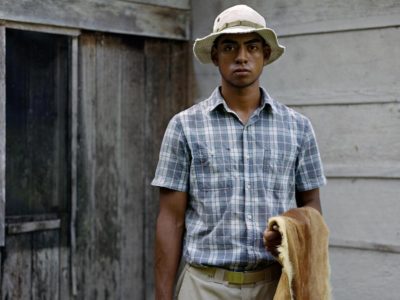
Themes of Family, History and Colonialism Blend in Drew Leventhal’s Series ‘Yosh’

The Model Family — Tealia Ellis Ritter Shares Images from her Very Unique Family Album
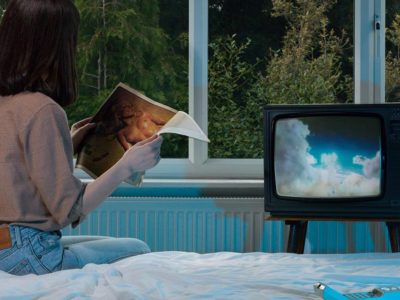
Precious Things — Anabela Pinto Stages Our Complicated Relationship with Technology
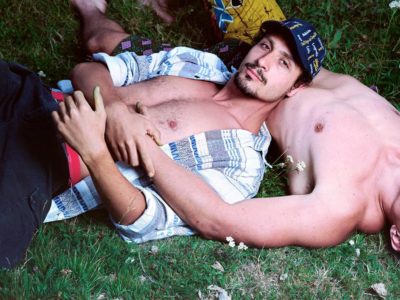
FotoFirst — Jesús Madriñan Portrays the New and Diverse Pilgrims to Santiago de Compostela
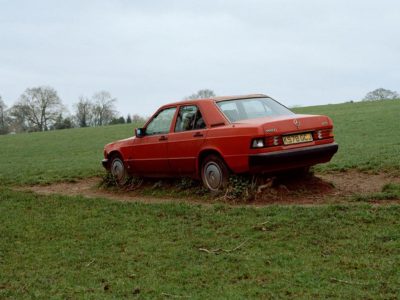
Terrain Vague — Joseph Horton Photographs the ‘Non-Places’ Along the Heads of the Valleys Road
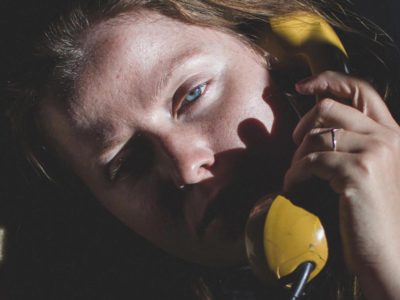
Anna Szkoda’s Cinematic Images Are Inspired by the Incredible Story of ‘The Sirius Case’
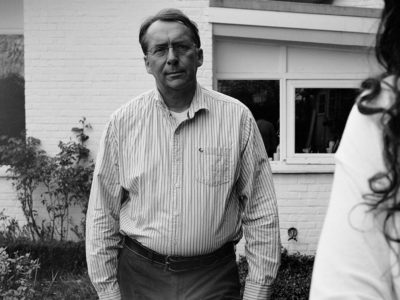
Safe House — Lea Thijs Photographs Her Father, Who Suffers from Bipolar Mood Disorder
